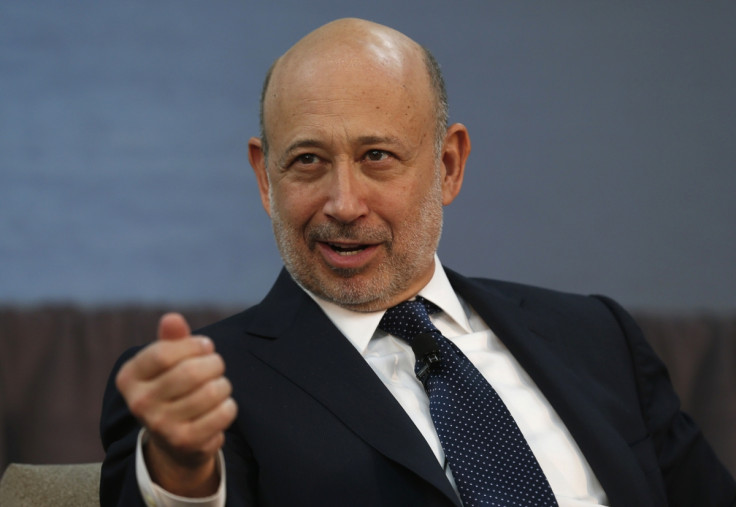Goldman Sachs boss warns Brexit plans nearing 'point of no return'
Lloyd Blankfein said the bank has been gradually transferring its UK business to Goldman Sachs Germany.

The head of Goldman Sachs has revealed it was nearing the point where the decisions forced on the US bank because of the Brexit vote will gradually become irreversible.
Chief executive Lloyd Blankfein said the banking powerhouse had already acquired a new office block in Frankfurt, Germany.
He added the group was busy transferring some contracts originally drawn up by Goldman Sachs UK to Goldman Sachs Germany, a process known as 'repapering'.
Blankfein told the BBC at the World Economic Forum in Davos: "Once we start to repaper - which is very cumbersome because it involves lots of lawyers on both sides and takes months - once we start that are we going to go back? Probably not."
He added: "We've already done some and we have told our clients that more is coming."
The banker was asked if there was a point of no return when its Brexit planning could not be reversed.
"There's not one moment when it's all or nothing," he replied. "But every month incremental steps are being taken. And at some point we are going to do things that are not going to be undone."
The comments from Goldman Sachs come a day after Jamie Dimon, the boss of rival US bank JP Morgan, warned a bad Brexit deal may mean cutting 4,000 jobs from his firm's UK outpost.
A cut this deep would amount to a quarter of the bank's 16,000 UK workforce.
London's financial services powerhouse
Morgan Stanley, Citigroup, Standard Chartered, Nomura Holdings and Sumitomo Mitsui are among those that have already announced plans to move staff to Frankfurt.
UK Chancellor Philip Hammond told a Davos audience earlier this week that Britain would refuse to sign a Brexit trade deal with the EU that did not include financial services.
He said: "Those who casually suggest financial services won't be part of a deal are not looking at the numbers."
London is Europe's largest money management hub with its financial services trading surplus amounting to $77bn in 2016 and employs around one million people across the country, according to City lobby group TheCityUK.
However, many in the city fear rival European financial centres in Frankfurt, Paris and Amsterdam – backed by European Union leaders – will claw back euro-denominated business from London.
The City, for instance, dominates the €1tn (£880bn)-a-day euro clearing market, but last June the European Central Bank set out proposals to bring that trade under closer oversight.






















